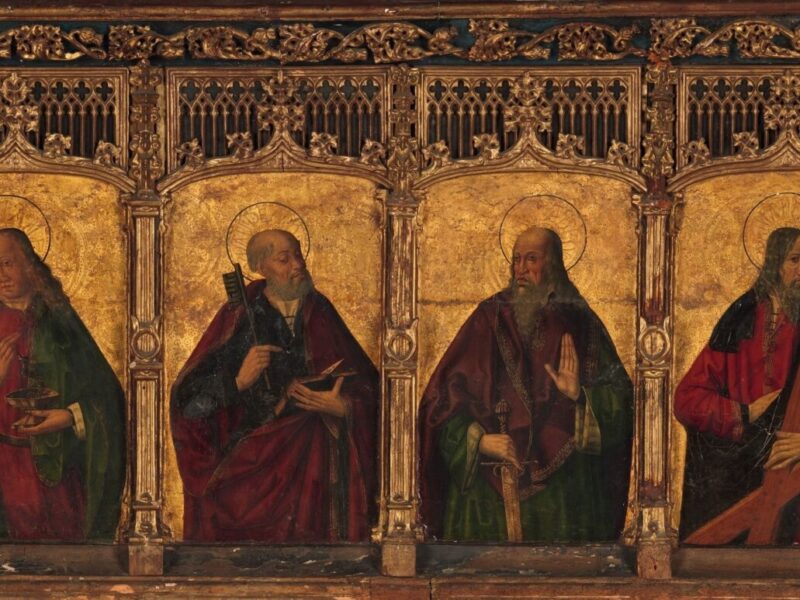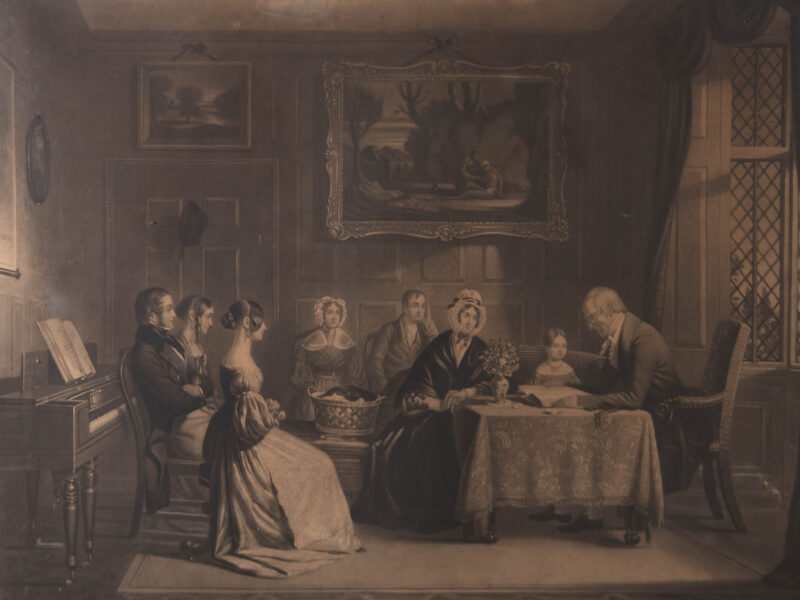I knew him long ago—even at first, I sensed that he was the center of his world, and that he expected all good things to come to him. You see, he made stories out of words, and he knew what was supposed to happen. You were to happen to him. You were to come to him and hold his words and cherish them and put them in many books.
But you did not.
Have you ever seen a man broken by a thing that never happened? He was like a stick, dry and liable to flame out. He was tinder because he had once been tender.
Anders slipped out of the center. He was all askew—sigodlin, antigodlin, as the Carolina mountain people once said.
The last time I saw him I gave him a flower. It was rose, a white rose with tinges of color at the edge of petals, as though the rose wanted the sun to rise in its flesh. But in truth, the rose wanted nothing. It simply was, purely and without consciousness enjoying the touch of sun, the thrill of water in its veins.
The rose arranged the landscape. It centered the scene around itself. The world bent to its fragrance.
I could see that Anders could no longer enjoy the rose—could not see the faint colors, or marvel at the labyrinth of furled petals. But I gave him the rose anyway.
Because always there is hope, and sometimes there is more, a trembling, a leaf, a glimmer. Of something.




'Anders, Young and Old' has no comments
Be the first to comment this post!